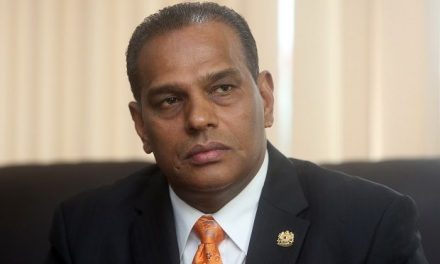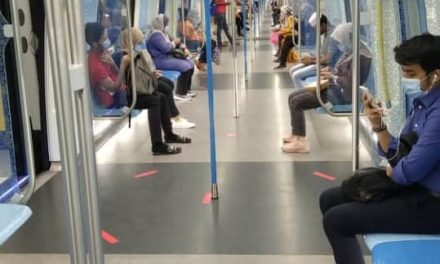KUALA LUMPUR | A total of RM6.72 million in unpaid wages have been reported by Indonesian domestic workers in Malaysia with RM796,225 involving 133 victims still being owed their pay.
Indonesia’s top envoy, Hermono, said of the 133 victims, only eight had permits, which signified that the magnitude of the problem was larger than expected as authorities could not detect those who were confined with no documents.
“I believe many more cases have gone unreported, as some workers were not able to run away and lodge reports. We only know of the cases through the victims’ reports to the authorities, reports from the community or their family members, but many remain trapped in households,” he said, adding that employers withholding salaries included the rich holding high positions in the private and public sectors.
Hermono revealed to the New Straits Times Focus team that the embassy had dealt with 374 cases of unpaid wages in the past three years up till last month, with 95 per cent of them involving domestic workers.
For one Indonesian domestic worker, Yati, who at the age of 25 left her homeland in pursuit of employment here, promising her RM350 per month, ended up enduring the next 19 years without pay and any off days. This is an all too common case, according to Hermono.
Some were even promised different employment before being duped upon entry to Malaysia via the social work pass to work as domestic workers.
He said many victims opted to not report that they had been trafficked and were being exploited as they had no proper documents to work in Malaysia, with 95 per cent of them having their passports withheld. This would see them being perceived as trespassers into Malaysia, because they were duped by a third-party.
He added that the agents behind these activities were hard to detect as most of the workers do not know their identities.
He explained that these agents would usually offer the victims work in other sectors before forcing them to become domestic workers as they could charge employers a higher fee for these workers.
To address the issue, Hermono said Indonesia had initiated a wide-scale raid in their country, and had detained and charged more than 705 traffickers and 152 smugglers since early June to mid-September this year.
He said they were largely arrested at houses that kept the workers to be trafficked and at exit points.
“We also beefed up our airport screening for tourist visits to Malaysia. Not everyone is able to travel overseas. If we suspect that the person seems to be someone from the rural countryside, we will reject their travel.”
He said Indonesia had blacklisted over 100 employers who had mistreated Indonesian workers from entering the country.
Hermono added there should be commitment from both countries to solve the issue and that Malaysia should also aggressively prosecute those involved, including employers who hire undocumented workers.
“The whole system should work hand-in-hand. The Immigration Department cannot tackle this issue by itself.
“Some victims had to wait a long time for the court proceedings, which led to a lot of cases being dropped. Some of the victims had to wait for up to three years,” he said.
Indonesia, he added, had also sent a proposal to Malaysia on a memorandum of understanding on anti-trafficking between both countries so they could work together and share information on trafficking cases.









